When Paris was under siege from a Viking raid in 886, King Charles III/The Fat didn’t bother fighting them. He instead paid them 700 livres (257 kg) of silver to go and raid the then rebelling Burgundy instead.
Paris has a Counterfeit Museum which displays the most impressive and accurate knock-offs of popular goods that the authorities have confiscated.
Sorbonne University in Paris has a “Teddy Bear Hospital” that introduces child patients to the medical field via teddy bears to help overcome their fears, while also training medical students to adapt their explanations of medicine to young patients.
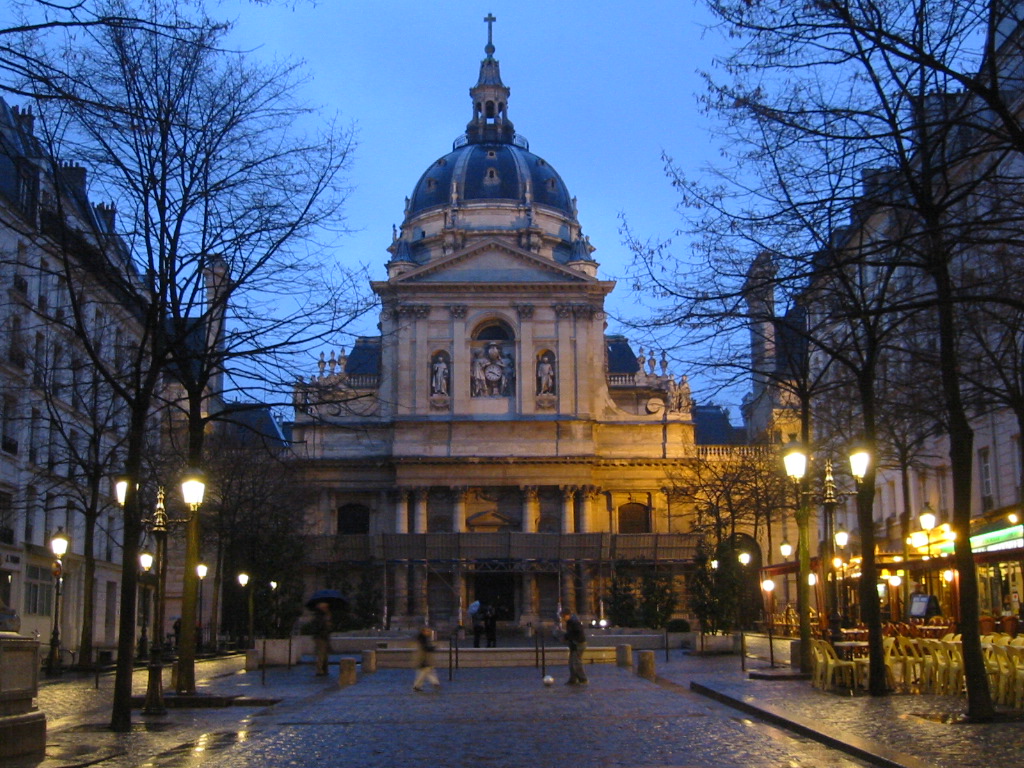
Before Paris was liberated from the Nazis, Hitler ordered military governor Dietrich von Choltitzthe to demolish the Eiffel Tower and other major landmarks. He refused this direct order, and surrendered to the Allies instead, saving the tower.
In 1719, prisoners in Paris were allowed to go free, under the condition that they marry prostitutes and go with them to Louisiana. The newly married couples were chained together and taken to the port of embarkation.
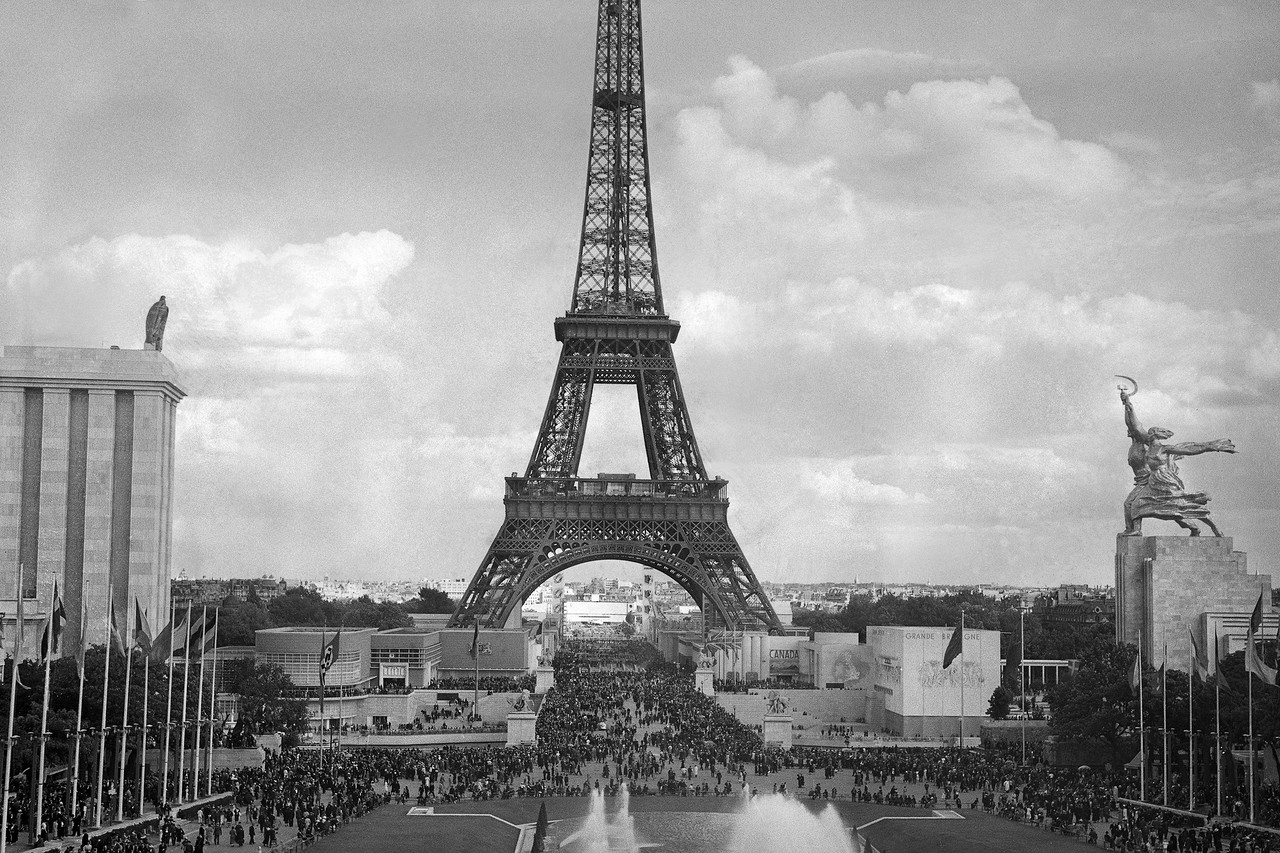
Paris Metro trains drive on the right rather than the left and its tunnels are narrower than main-line ones in order to prevent them from being absorbed into the national railway network.
The opera house in Paris that the Phantom of the Opera is based on actually has an underground lake beneath it, just like in the book and musical.
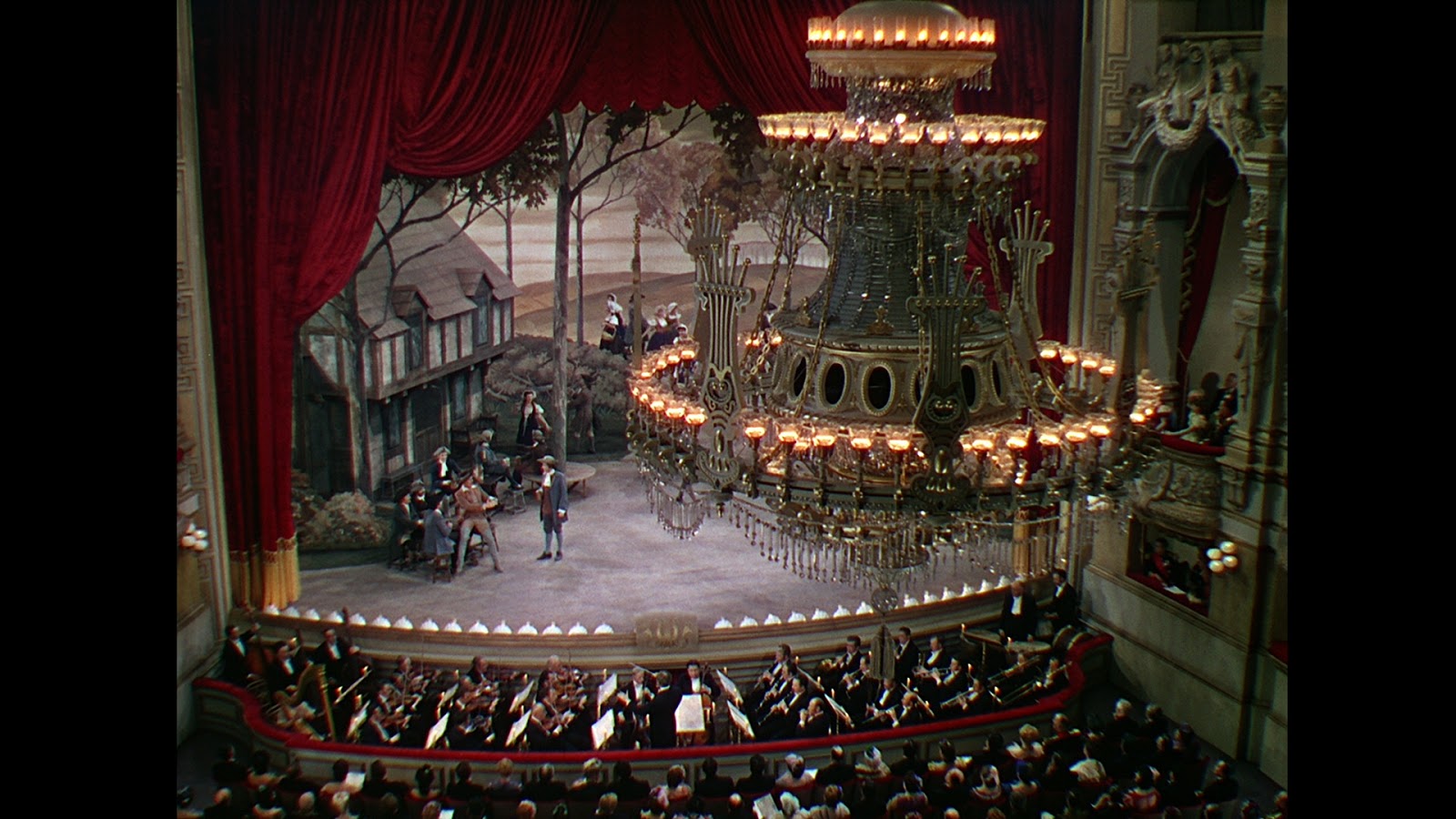
In 2004 while searching the Paris Catacombs, police discovered a cinema in one of the caverns. It was equipped with a giant screen, seats for the audience, a fully stocked bar, and a complete restaurant. The source of its electrical power and the identity of those responsible remains unknown.
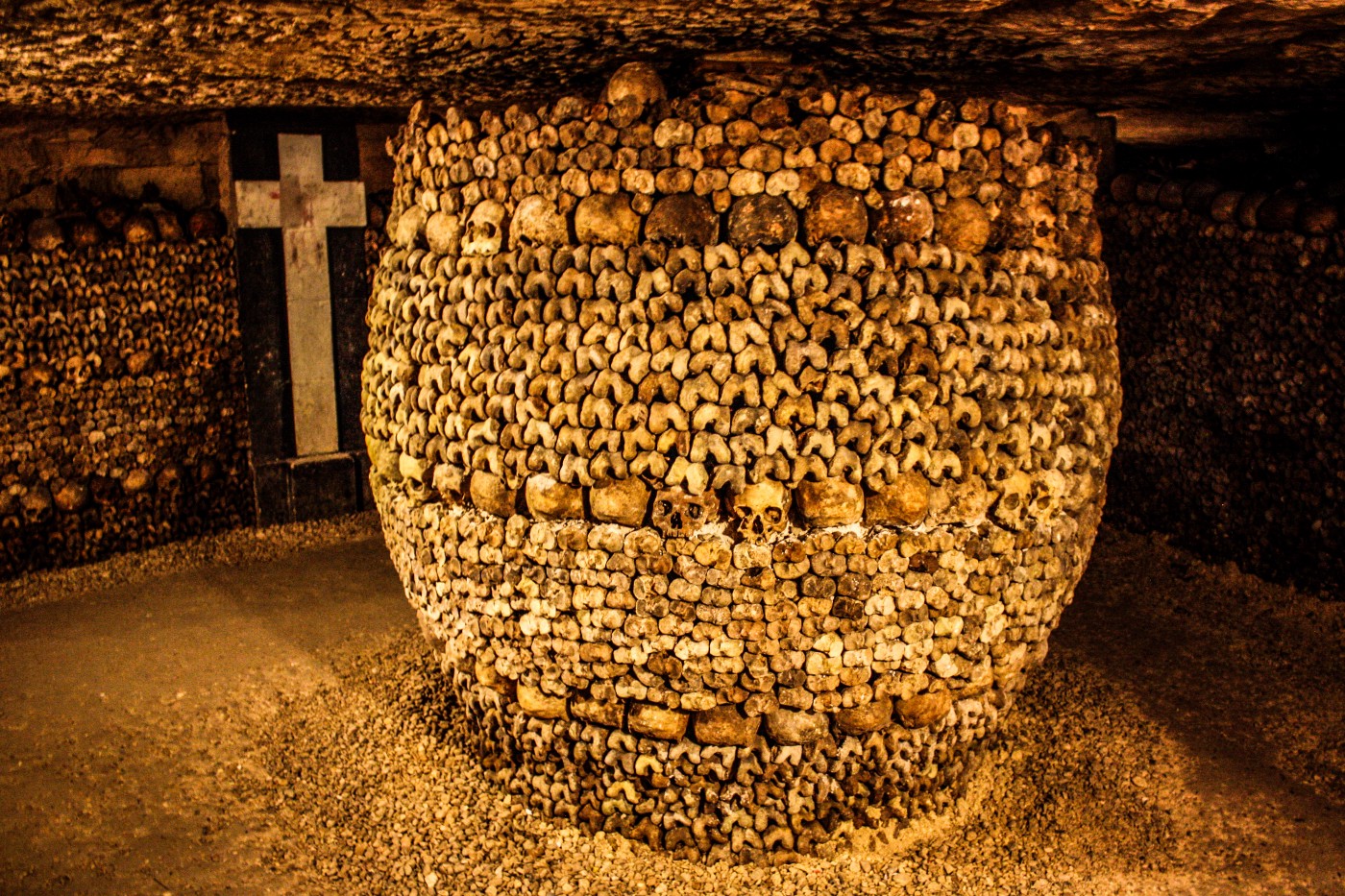
Paris holds an annual contest to find the city’s best baguette. Around 200 bakers take part in this contest. Each submits two baguettes (must be eligible) to be graded on quality, look, smell, taste, and crunch. The winner wins €4000 and a contract to supply the French president fresh baguettes every day for 1 year.
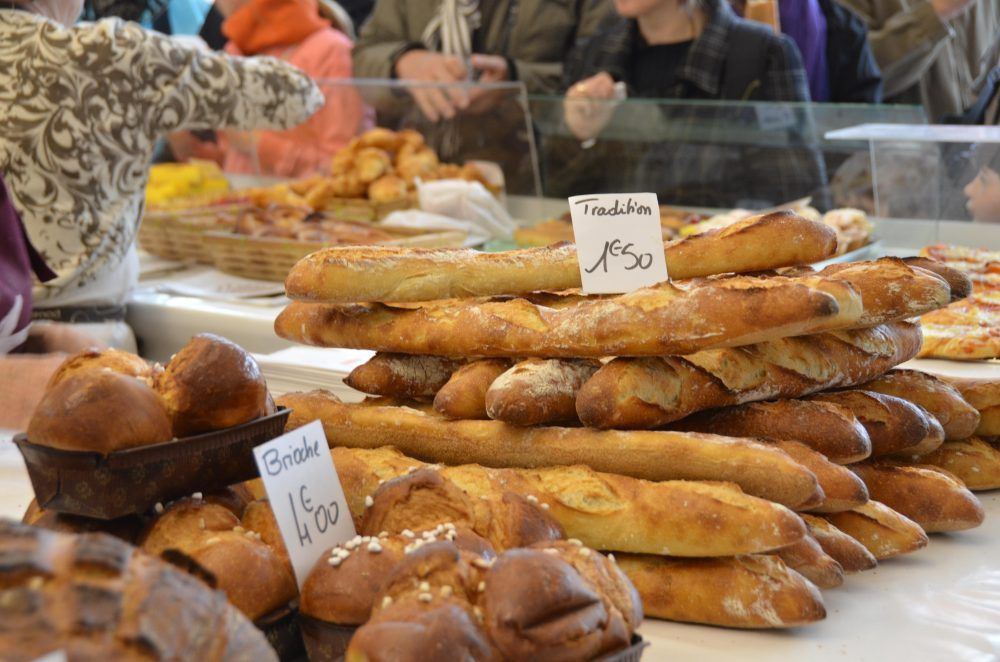
Lafayette’s grave in Paris is filled with dirt from Massachusetts as he wished to be buried in American soil. Additionally, the flag remained in place during World War 2 because the Nazis never looked behind the private cemetery’s walls.
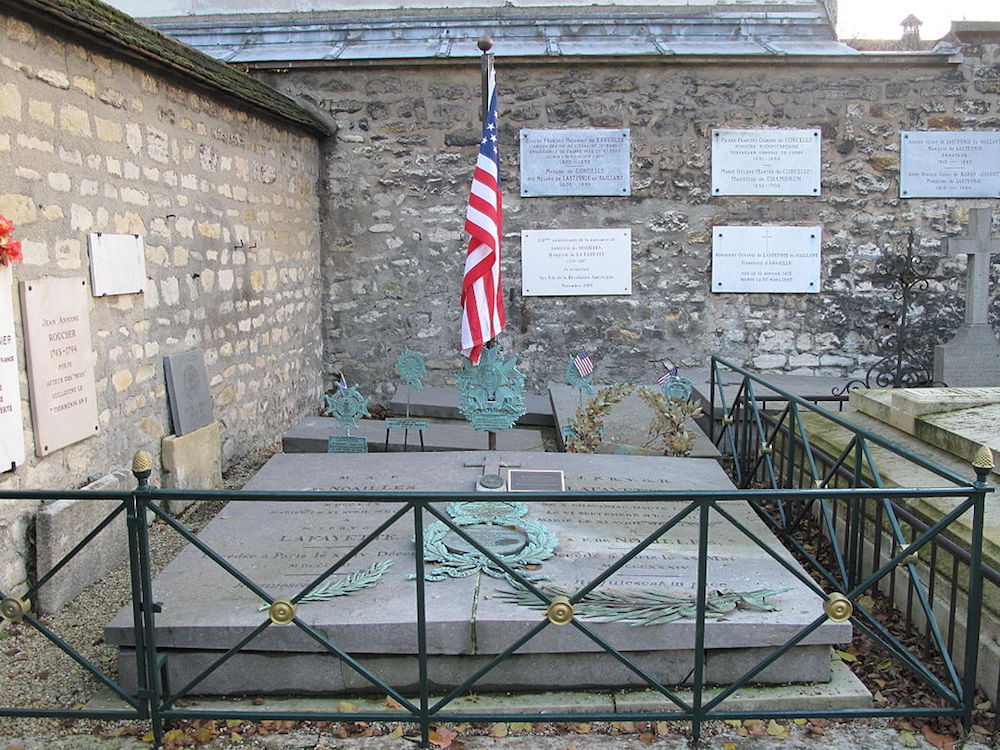
During the 1870s Prussian siege of Paris, supplies and food were so dire that after slaughtering all the farm animals and pets, eventually the animals in the zoo were killed. There is even a copy of a restaurant menu from the time that included dishes like elephant consommé and roast camel.
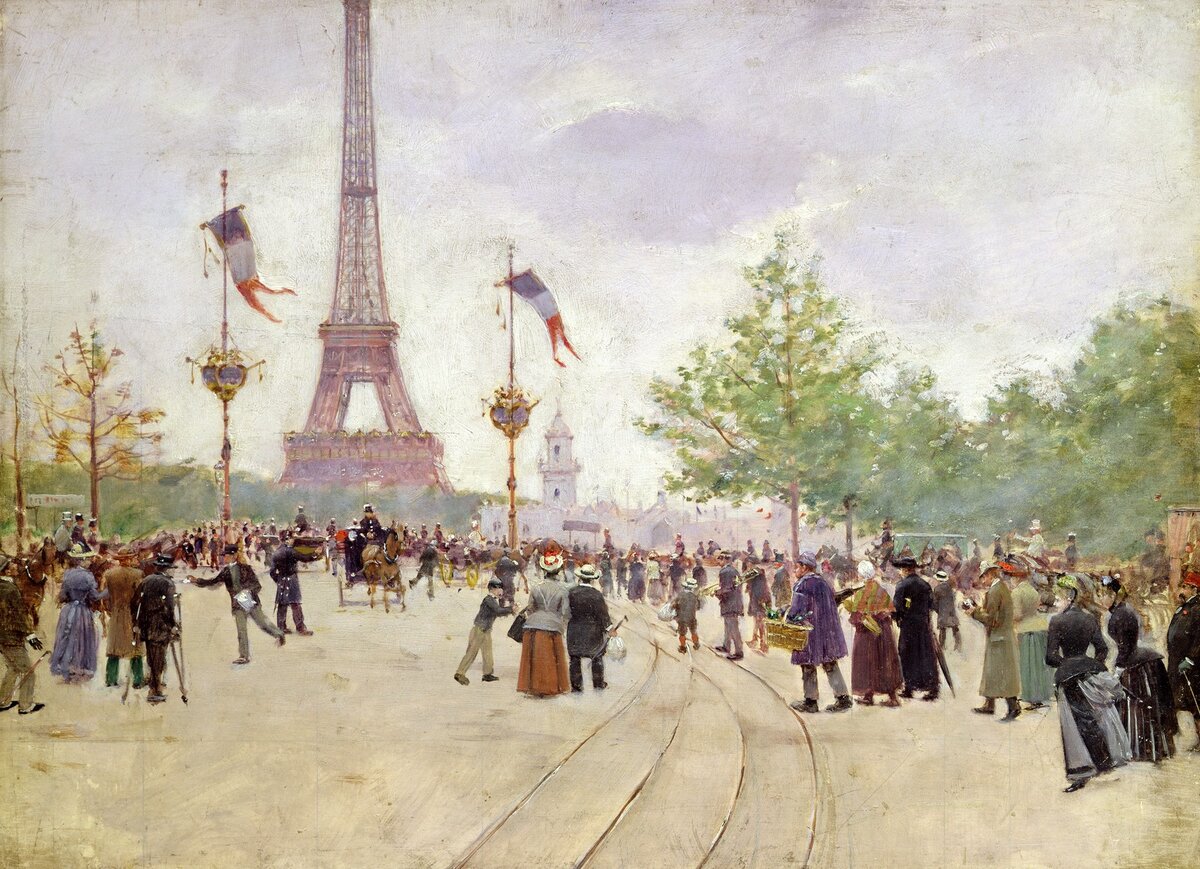


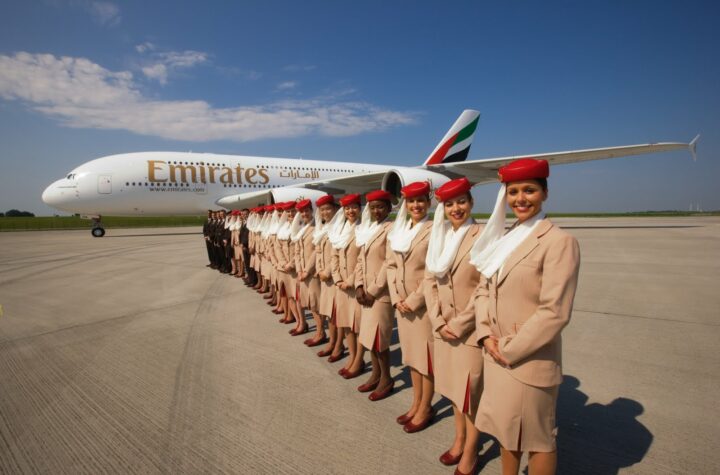
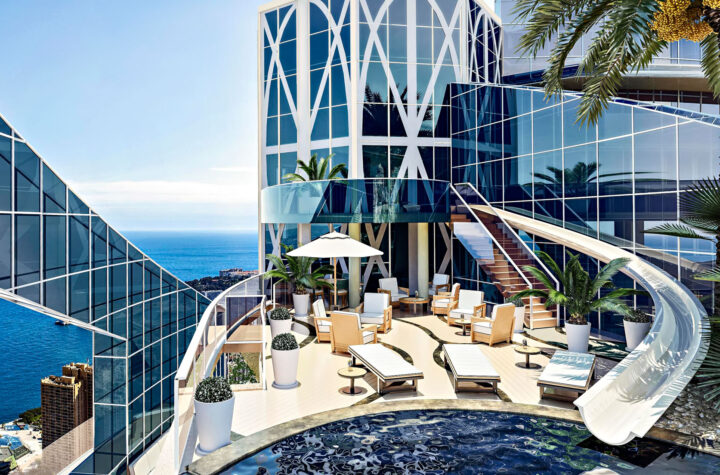
Related Posts
7 Interesting Facts About Running
7 Health Benefits of Laughing
5 Brilliant Facts About Rhinoceros Beetles